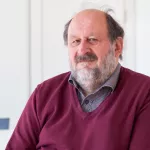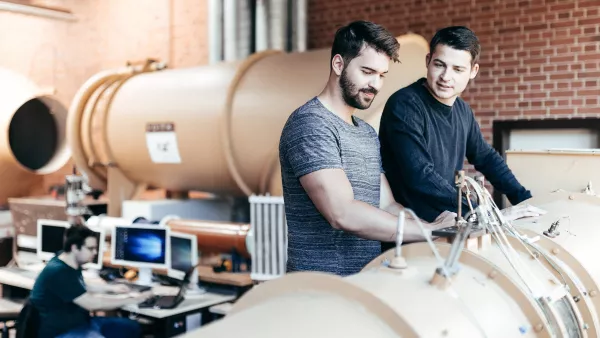At a glance
Dates
All eventsMath preliminary course
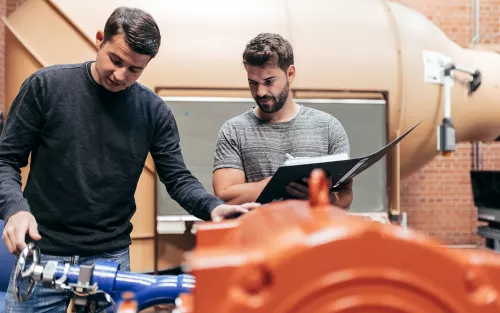
Energy and Environmental Engineering
Climate protection, sustainability and energy efficiency are becoming increasingly important for our future. This is a great challenge for future specialists! Engineers in energy and environmental technology are taking up this challenge.:
They make an important contribution to a sustainable and secure energy supply. They develop efficient turbines and power plants and bring hydropower, wind energy and photovoltaics. They develop new energy storage systems such as batteries and fuel cells for domestic energy, electromobility or space travel. They design environmentally friendly processes for production as well as supply and disposal . They use environmental analytical methods to detect pollutants in water, air and soil and thus protect our environment.
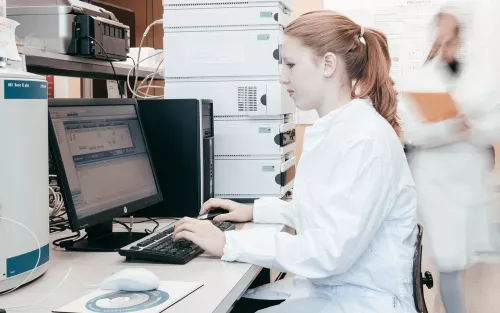
Develop sustainable technology
In a personal learning atmosphere, you will first be taught the basic subjects. In the main course, the special topics of energy and environmental technology are studied in greater depth. You will receive a close practical orientation through your practical semester in a company and through your Bachelor's thesis. You will be offered further current projects by our professors in excellently equipped laboratories.
You can deepen your knowledge of what you are particularly interested in through elective subjects and through your topics for the practical semester, project and Bachelor's thesis. You can spend part of your study abroadfor example in North America or Asia. A stay abroad is well integrated into your studies and is very well received by employers.
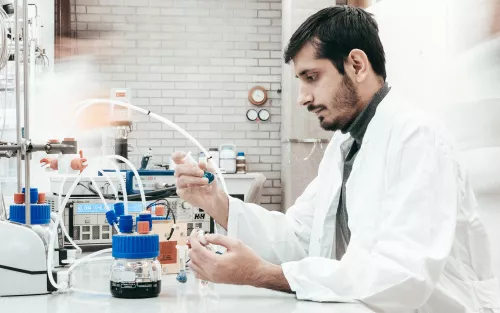
Profession & Prospects
With excellent training, you will have bright prospects for the future: Engineers in energy and environmental technology work in industry, at utility companies, engineering offices or public authorities. They work on the development and operation of water turbines, wind turbines, solar cells or battery systems. They analyse air and soil for pollutants and look after clean drinking water. They tune production processes in the chemical or metal industry for energy efficiency. The path to becoming an energy consultant is also open to you. If you want to do your Master's afterwards, you are welcome to join our Environmental and Process Engineering degree programme.
Downloads
- Studien- und Prüfungsordnung für die Bachelorstudiengänge mit Allgemeinem Teil - Diese Änderungssatzung tritt zum WiSe 2023/24 in Kraft.
- Satzung der Hochschule Ravensburg-Weingarten über die Regelungen zum Hochschulzulassungs- und auswahlverfahren für Bachelorstudiengänge vom 28. November 2024
Further information
Postgraduate courses
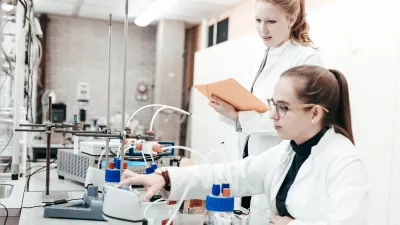
Environmental and Process Engineering
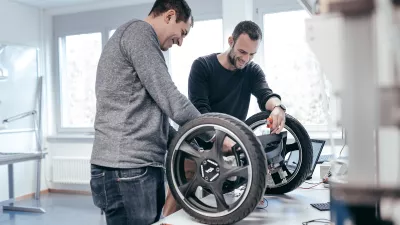
Product Development in Mechanical Engineering
Curriculum
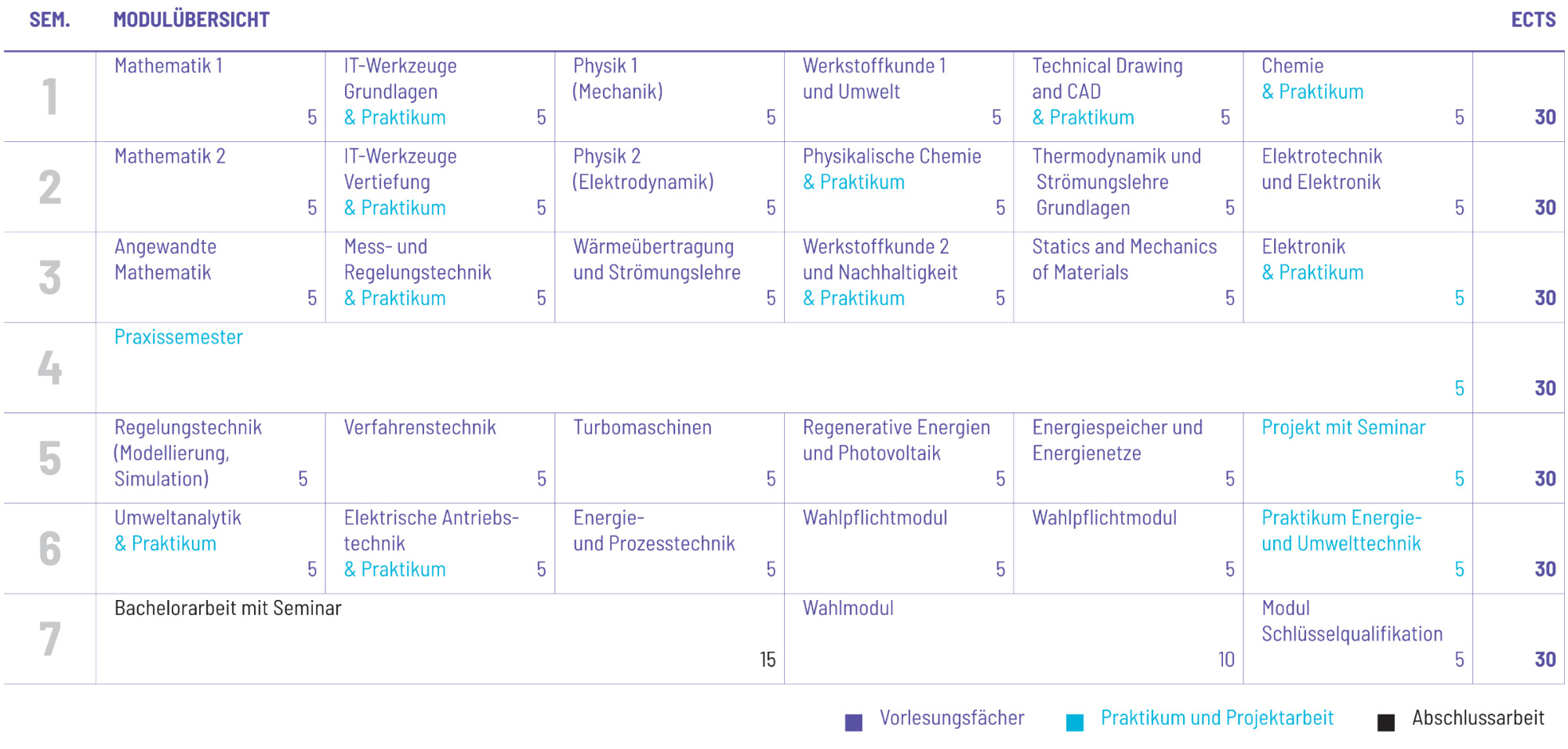
Structure
The Bachelor's degree programme in Energy and Environmental Engineering is designed for seven semesters.
Basic studies
In the foundation course you will develop your skills in the technical and scientific fundamentals such as mathematics, engineering mechanics, computer science, materials science and chemistry for your later specialisation in the main course.
Practical semester
The 4th semester is a practical study semester in an industrial company, where you work independently on a real industrial project.
Main course of study
In the main study period from the 5th semester onwards, the focus is on energy technology and environmental technology. You can deepen your knowledge in electives, practical semesters, project work and Bachelor's thesis. This gives you an individual specialisation that suits you.
Bachelor thesis
Your Bachelor's thesis, which you can do in one of our laboratories or in cooperation with a company, completes your studies.
Abroad
You can also spend a study semester abroad - a very exciting opportunity for your personal development. You can do the practical study semester, the Bachelor's thesis or entire study semesters abroad. This experience abroad is very well received by employers.
Admission
APPLICATION FOR THE WINTER SEMESTER
Energy and Environmental Engineering offers NC-free places in the winter semester.
The application deadline is 15 July
The deadline is a cut-off date, which means that your application documents must be received by this date in order to be considered for the allocation of places.
Start of lectures
- Beginning of October for the winter semester
- Mid-March for the summer semester
You will find the exact date in the menu item Dates.
TO THE ONLINE APPLICATION
WHO RECEIVES A PLACE AT THE UNIVERSITY?
All applicants who meet the admission requirements will receive an offer of admission.
A preliminary internship is not required.
Further information on the application and the allocation of study places can be found at the Admissions Office.
SEMESTER FEE
Every semester, a semester fee is due from all students upon enrolment or re-registration. This fee is charged at a similar rate by all universities in Germany.
Composition and amount of the fee
FEES FOR INTERNATIONAL STUDENTS AND FOR SECOND DEGREE PROGRAMMES
In Baden-Württemberg, there has been a tuition fee for international students (non-EU citizens) and a second-study fee since the winter semester 2017/2018. Thus, in some cases, a tuition fee has to be paid in addition to the semester fee.
Before enrolment, applicants from non-EU countries or applicants for a second degree programme will receive a form to assess whether a tuition fee obligation actually exists.
The amounts and detailed information can be found under Finances
Labs
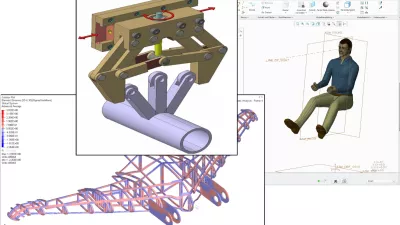
CAD and FEM
- Building C
- Room C011
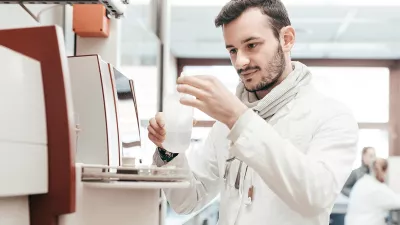
Chemistry and environmental analysis
- Building N (Natural Science Centre)
- Room N 246, N 018
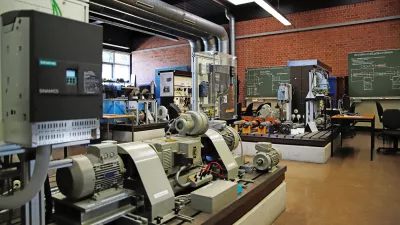
Electric drives and controls
- Building H (main building)
- Room H 062
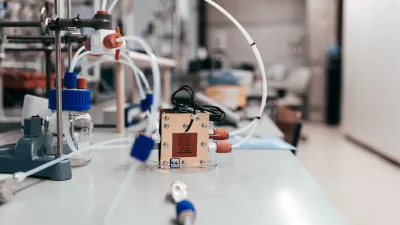
Electrochemical energy and process engineering
- Building N (Natural Science Centre)
- Room N 149
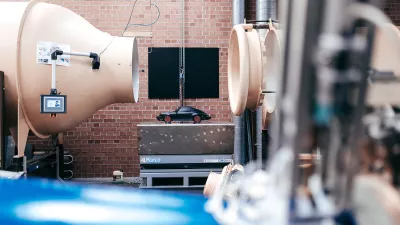
Energy and fluid mechanics
- Building H (main building)
- Room H 059
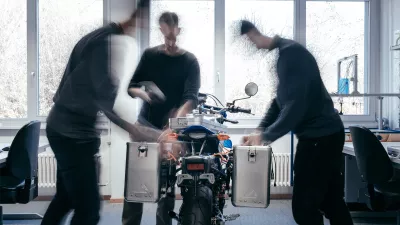
Measurement and control technology
- Building D
- Room D 007
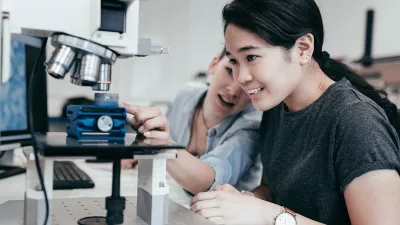
Materials testing
- Building L
- Room L 005 - L 018
News
News of this degree program

Scholarships
"Soroptimist Sponsorship Award for Technology" for Viola Hinz
Once a year, the Soroptimist Club Ravensburg/Weingarten awards a scholarship for "Women in Technology Studies". In 2025, the award goes to RWU student Viola Hinz.
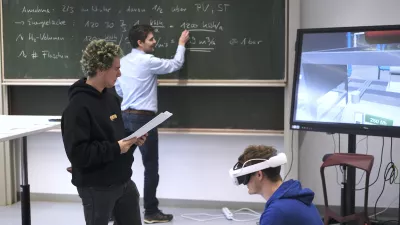
Immersive Learning Lab
Virtual electrolysis plant in action for the first time
Students immerse themselves in VR and work with and on a virtual electrolysis plant - a joint project.
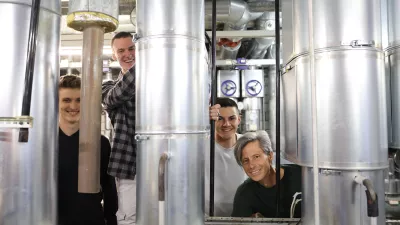
Press release
The right decision
Would an extended closure of the university buildings at Ravensburg-Weingarten University of Applied Sciences (RWU) have saved more gas? An analysis at RWU shows: hardly.
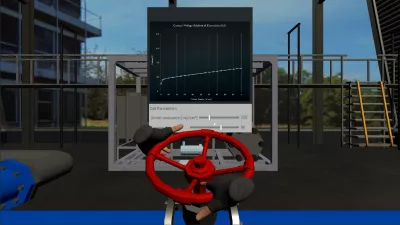
Digital transformation
Explore electrolysis plants in VR
Stifterverband and MWK fund innovative RWU project with €50,000 that enables students to research electrolysis plants in virtual reality (VR).
Contact & People
Dean of Studies & Student Counselling

Secretariat
Practice Office

Admission Office

Examination Office
Overseas Representative
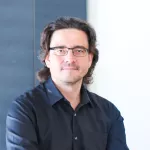
Professors



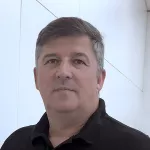


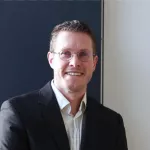

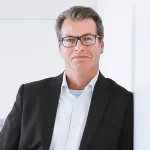

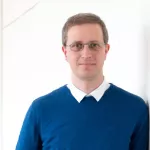
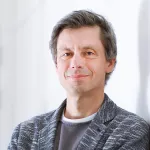


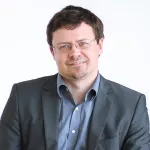

Academic staff

